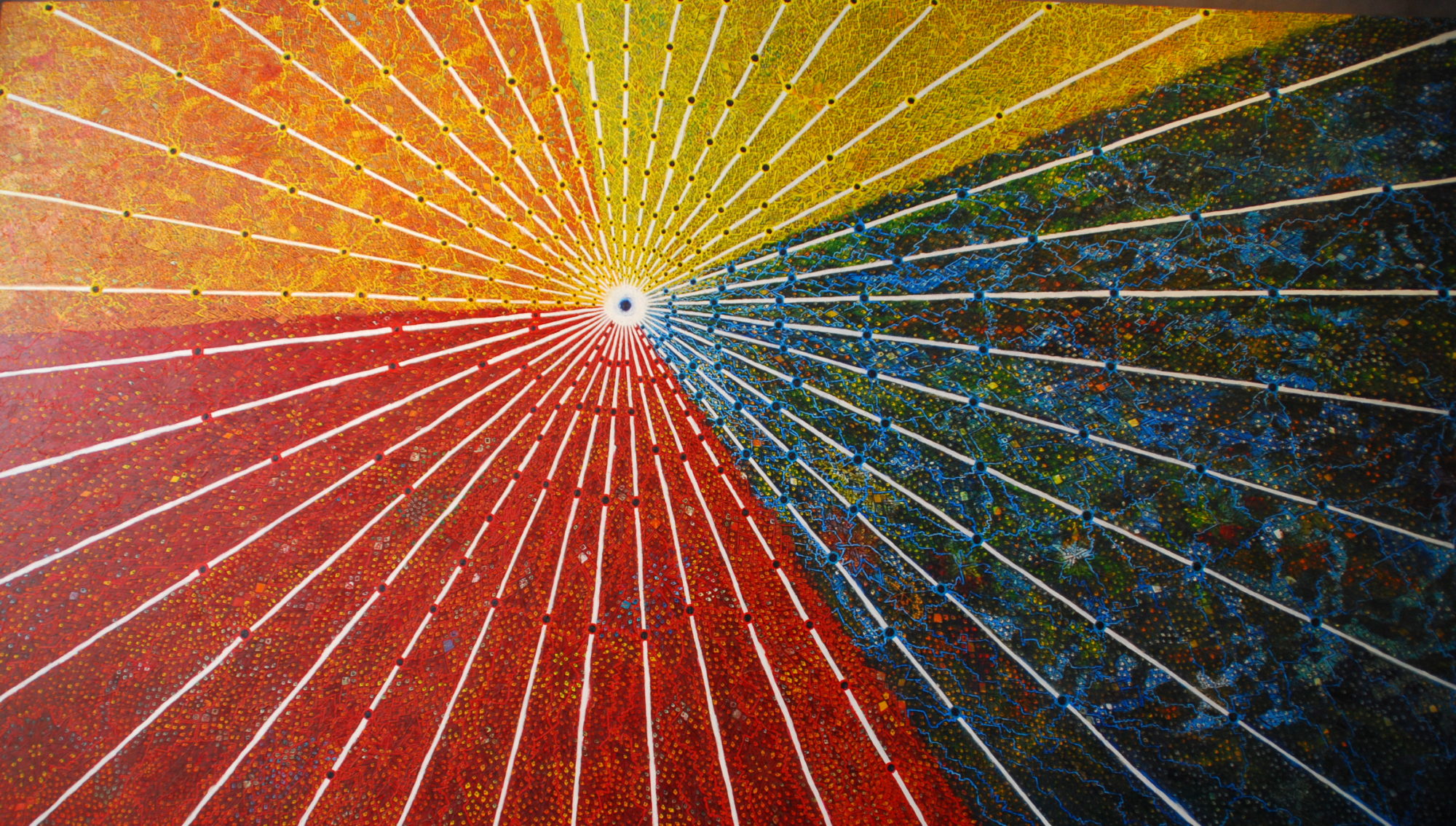Okay, I admit it, I’ve always been late to the technology game. I didn’t get a cell phone until after college (and I graduated in 2003) and I still have your basic flip phone, where if I want to send a text and the word I want to write starts with, say, “C,” I have to press the 2 button three times to get that C. I have a Twitter account, but for the life of me I can’t figure out what I’m supposed to post on it. I read other people’s posts, and I think, “Huh. I didn’t realize that was worth sharing.” Same goes with Facebook, where I maybe update my own status twice a week and where I’ve hidden a good portion of my so-called friends because their posts annoy the bejeezus out of me. Clearly I am not a technology geek. I admit it. But I’m not going to apologize for it. No, sirree. Instead, I’m going to tell you flat out why I hate iPhones. And Droids. And Blackberries. And every single other smartphone out there. Because I have good reasons, I swear. And because, well, I’m a curmudgeon, and I’m not afraid to admit that either.
So, without further ado, the three reasons I hate iPhones.
1. We’re losing our ability to socialize with the people right in front of us.
Admit it, you’ve gone out to dinner or to the bar with friends, and at least one person in your group spends more time on their phone (texting, checking Facebook, Tweeting) with someone not there than with you. Or you check in to a hostel, go to the common room, and find it completely silent as everyone uses their smartphone to update their website, get suggestions on where to eat from Twitter, or chat with their friends back at home. Or you’re sitting at the airport waiting for your delayed flight to take off, and instead of talking to you, your traveling partner turns on his smartphone and plays Scrabble against the computer. Once upon a time, we used to talk to people live and in person, not just through clever 140 character posts or via comments or through iPhone video chat. Once upon a time, instead of asking the Internet, we asked people at our hostel where they had been and what they’d recommend; we asked the lady at the corner how to get where we were going; we asked the local person next to us on the subway where they’d suggest going for dinner. Once upon a time, when we left our house and our computer behind, we were *gasp* on our own. And guess what? We did just fine.
2.We know everything, but we don’t talk about anything.
You’re at the bar, and a song comes on that you know but you can’t remember who sings it. Used to be that you’d talk it over with your friends, remembering the first time you heard it, or how it came on the radio while you were on that date with that girl and it seemed perfect. Eventually the artist comes to someone, who blurts it out, and you all nod and smile, and say “Yeah, that’s right.” But it wasn’t just about the artist. It was about everything else that song somehow contained. Now, ten beats in, we’ve typed the lyrics into our phone and we’ve got the artist. Conversation over. As I heard said recently, smartphones have absolutely killed bar arguments. As soon as there is a disagreement or even a question, everyone’s on their phone, and the discussion is settled before it can actually become a discussion. We all now *know* a hundred million things (i.e. the Bing commercials), but I’m not sure we’re really knowledgeable about anything. As multiple studies have shown, all our multitasking is changing the way we think, and it’s not in a way that’s increasing our IQs.
3. Everything has become the-house-is-on-fire important.
The smartphone vibrates. Incoming message. Must check now. Oh look, my brother just updated his status on Facebook. He just saw M.C. Hammer walking down the street. Isn’t that awesome? Isn’t your life so much better because you know that, and because you know it now, and not in two hours when you go home and get on your computer? Ohh, another vibration. Email from my mom. She wants me to forward her my Christmas flight info when I get a chance. Better do it now, even though Christmas is 273 days away. Let me do a quick search through my email, type her a short note, and send it. Won’t take but a minute. Ohh, something else. A tweet from that guy who writes that one blog that I read one time. He wants me to vote for his photo, so he can win a free trip to the moon. Just give me one sec while I do that, and then we can order dinner. Seriously, people? Seriously. Let me be clear. You are not that important. The world will not end if you fail to respond to a message within the first ten seconds of receiving it. Get over yourself. Please. And thank you.
There you go. That’s what I have to say. Go ahead, tell me I’m wrong. I’m used to hearing it. (But don’t think you’re going to change my mind.)










You must be logged in to post a comment.